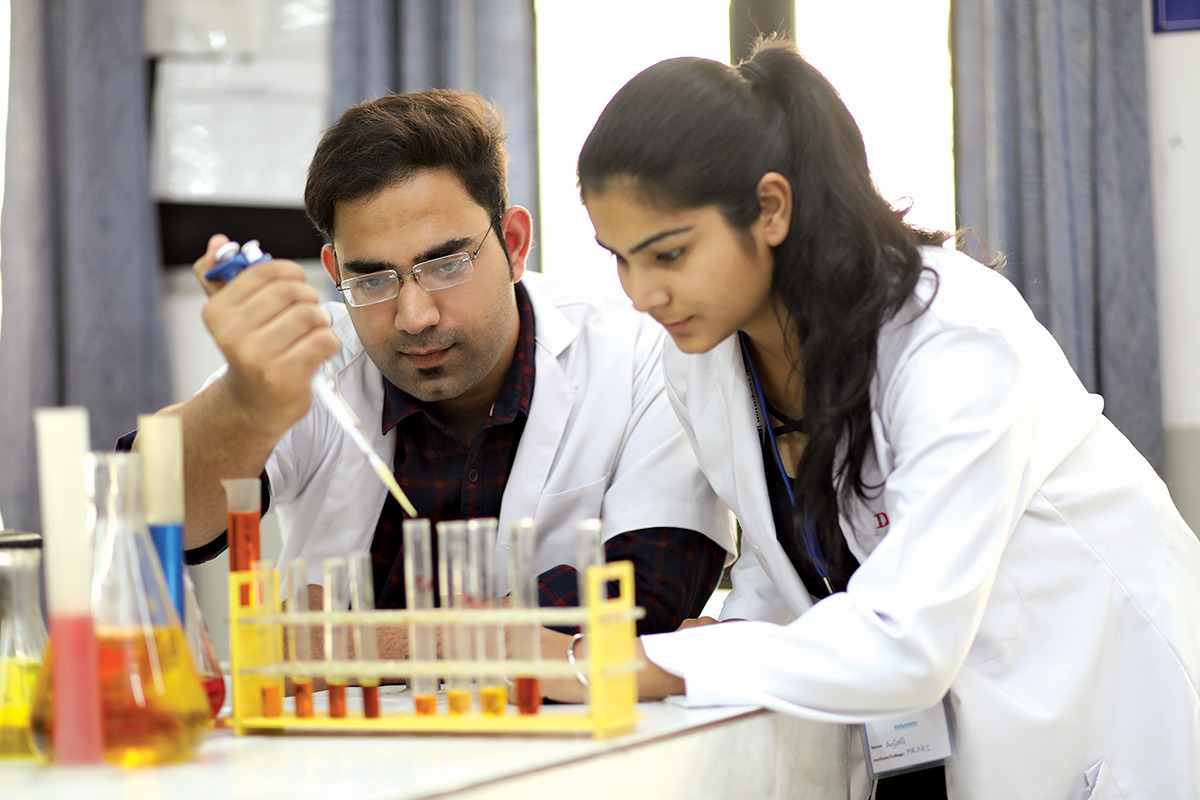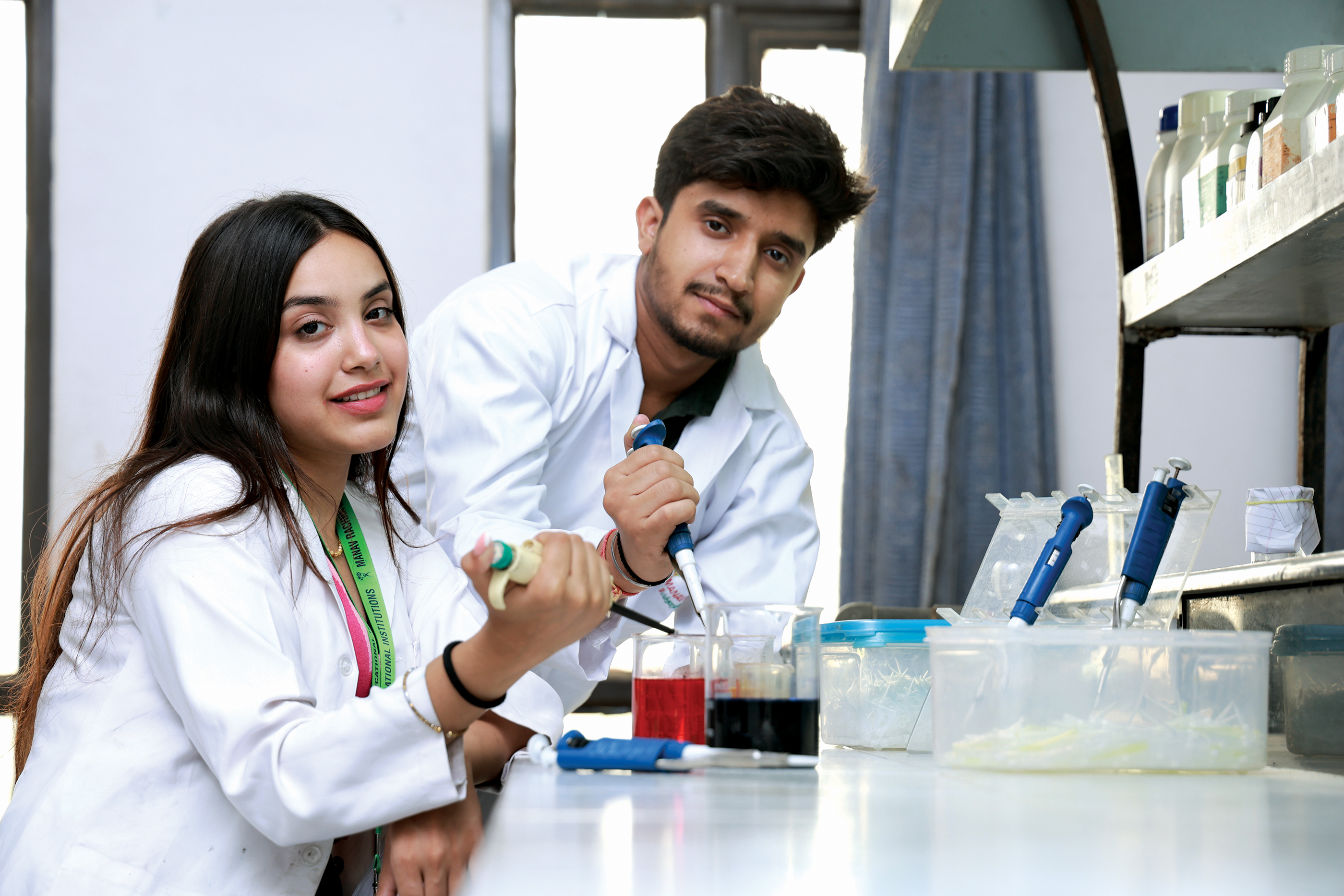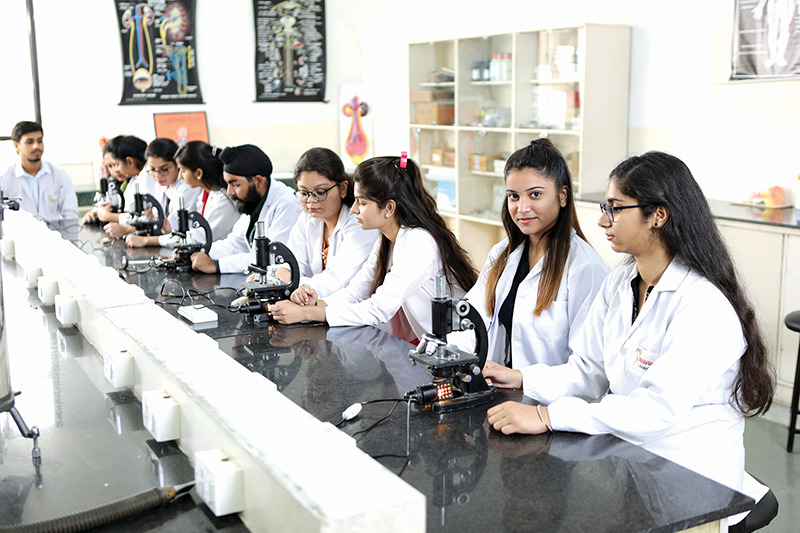Purpose:
- Social Science Corner: A social science corner/section is a specialized space within the curriculum lab that caters to the study of social sciences. This section provides resources and materials that facilitate the exploration and understanding of social phenomena, historical events, cultural diversity, and societal structures.
The social science section includes maps, globes, charts, historical artifacts and other resources. These resources enable students to analyse data, interpret historical events, explore geographical concepts, understand economic principles, and examine social and political systems. The lab encourages interactive and experiential learning by engaging students in activities such as map reading, data analysis, case studies, and simulations.
Through the social science lab, students gain a deeper understanding of the social world and its interconnectedness, fostering their awareness as responsible and informed citizens.
- Mathematics corner: The mathematics corner/section supports the teaching and learning of mathematics within the education department. It provides an interactive and hands-on environment for students to explore mathematical concepts, solve problems, and develop mathematical thinking and reasoning skills.
These sections facilitate hands-on exploration, critical thinking, problem-solving, and conceptual understanding. They enhance students' engagement, foster their skills and knowledge, and contribute to a holistic development.
- Psychology corner in the Curriculum Lab is a place designed to support the study of human behaviour, learning processes, and developmental psychology. This lab provides students and educators with a hands-on environment to engage in observational studies, psychological testing, and behavioural research, emphasizing the application of psychological principles in educational contexts. The lab is equipped with standardized psychological assessments, and data tools. These resources help students administer tests and analyse data on cognitive abilities, personality, learning styles, and other factors that influence educational outcomes.
The Psychology Lab serves as a valuable space, connecting theory with practice. It prepares future educators and educational researchers to apply psychological insights, fostering learning environments that accommodate and support diverse student needs.





